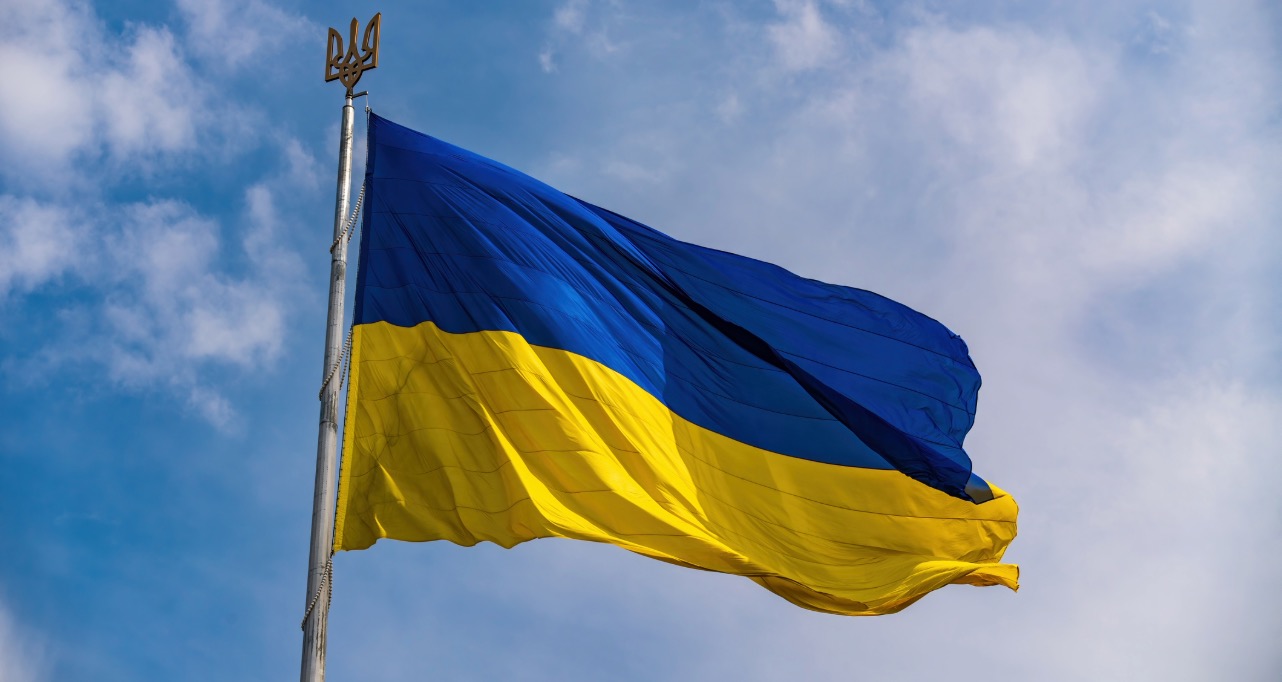Who we are
Overview: about the EBRDWho we are
Overview: about the EBRD
Our story
Learn about the EBRD's journey to investing more than €220 billion in over 7,800 projects.
- Our background and history
- Our organisation
- Our values
- Strategies, governance and compliance
- Project accountability
What we do
Overview: how the EBRD operatesWhat we do
Overview: how the EBRD operates
How we deliver systemic impact
Across three continents, the EBRD supports the transition to successful market economies.
- Where we work
- Products and services
- Sectors we work in
- Our projects
- Focus areas and initiatives
- Economic research
Work with us
Overview: how you can work with the EBRDWork with us
Overview: how you can work with the EBRD
What we offer for businesses
We draw on three decades of regional knowledge and financial expertise to tailor our products and approaches to each client's needs.
- Businesses
- Investors
- Donors
- Researchers
- Civil Society
- Alumni
- Nominee Directors
- Trade finance
- Careers
- EBRD lends €160 million to support distributed energy generation in Ukraine
- Loan to Ukrnafta to provide 250 MW of energy capacity via small-scale gas engines
- Direct grants of €121 million to Ukrnafta from external donors
The European Bank for Reconstruction and Development (EBRD) is deepening its cooperation with Ukrnafta, a Ukrainian state-owned oil and gas company which is using EBRD finance to supply and install small-scale gas-fired distributed power and co-generation capacities around the country, using them to boost the power sector’s resilience in the face of heavy Russian attacks.
Last December, the EBRD lent Ukrnafta €80 million to supply and install around 100 MW of distributed power. Today, at the Ukraine Recovery Conference (URC) in Rome, the parties signed a follow-up agreement under which the EBRD lends €160 million for Ukrnafta to install more gas-powered generation facilities, this time with a total capacity of a further 250 MW.
The project will be benefit from €121 million of grants to come from external donors provided directly to Ukrnafta, and Sweden’s Swedfund will provide a €1 million grant for technical assistance.
Decentralising its energy system is a key priority for Ukraine, which is operating at about one-third of its pre-war generating capacity as a result of the Russian attacks. Ukrainians are regularly living with rolling blackouts that disrupt the lives of millions of people.
“We are proud to deepen this cooperation, allowing us to help the Ukrainian power sector become more resilient,” said EBRD Managing Director for Ukraine and Moldova Arvid Tuerkner.
While the gas-fired engines will provide energy to supplement the national power availability in the short term, at a later stage the same equipment can be used to support Ukraine’s plan to increase the share of renewables in its energy mix, with the gas engines then being used to balance intermittent renewable energy input.
The project includes workforce management and leadership training programmes, as well as a veteran rehabilitation programme supporting demobilised staff members and their families in line with the EBRD’s Gender SMART approach.
The EBRD, which has worked in Ukraine for more than three decades, has made more than €7 billion available to the country since Russia invaded in 2022, of which more than €2.4 billion has been to support the energy sector. Its priority investment areas are energy security, vital infrastructure, food security, trade and the private sector.

